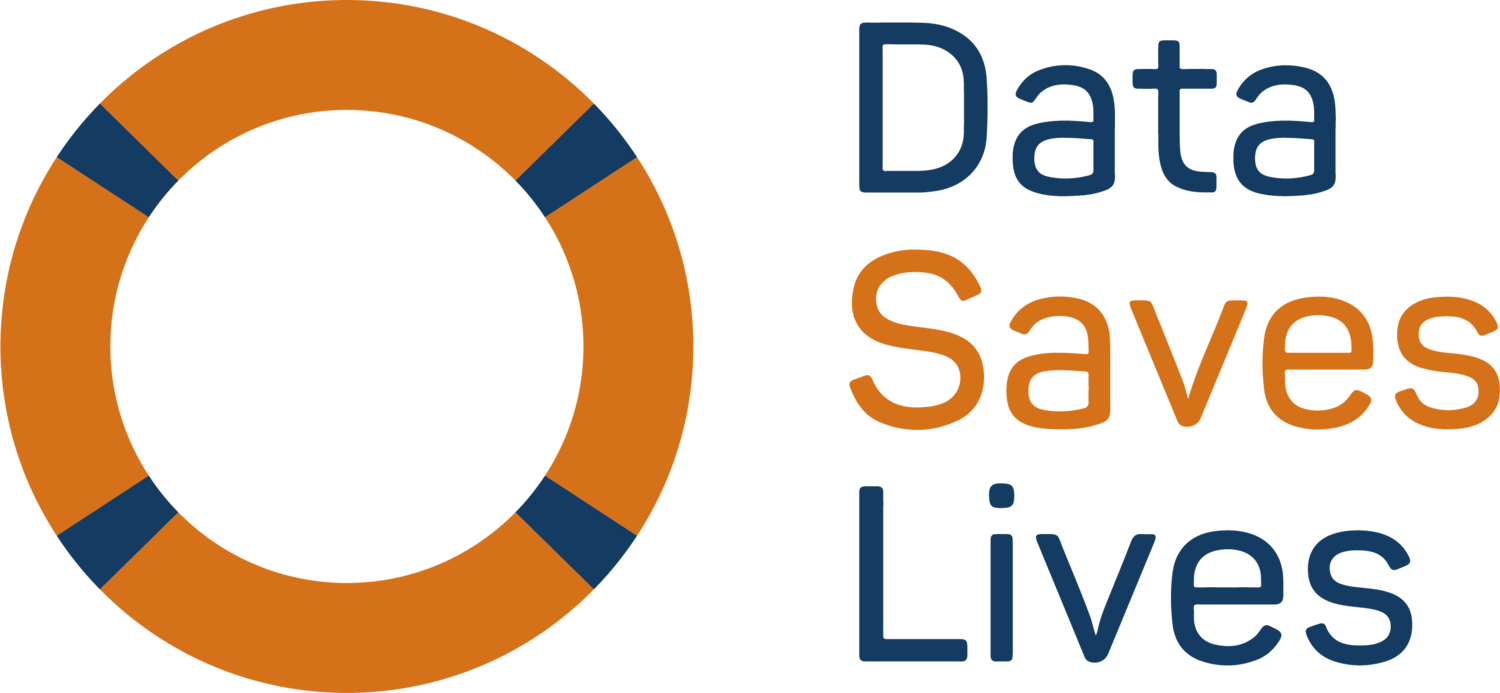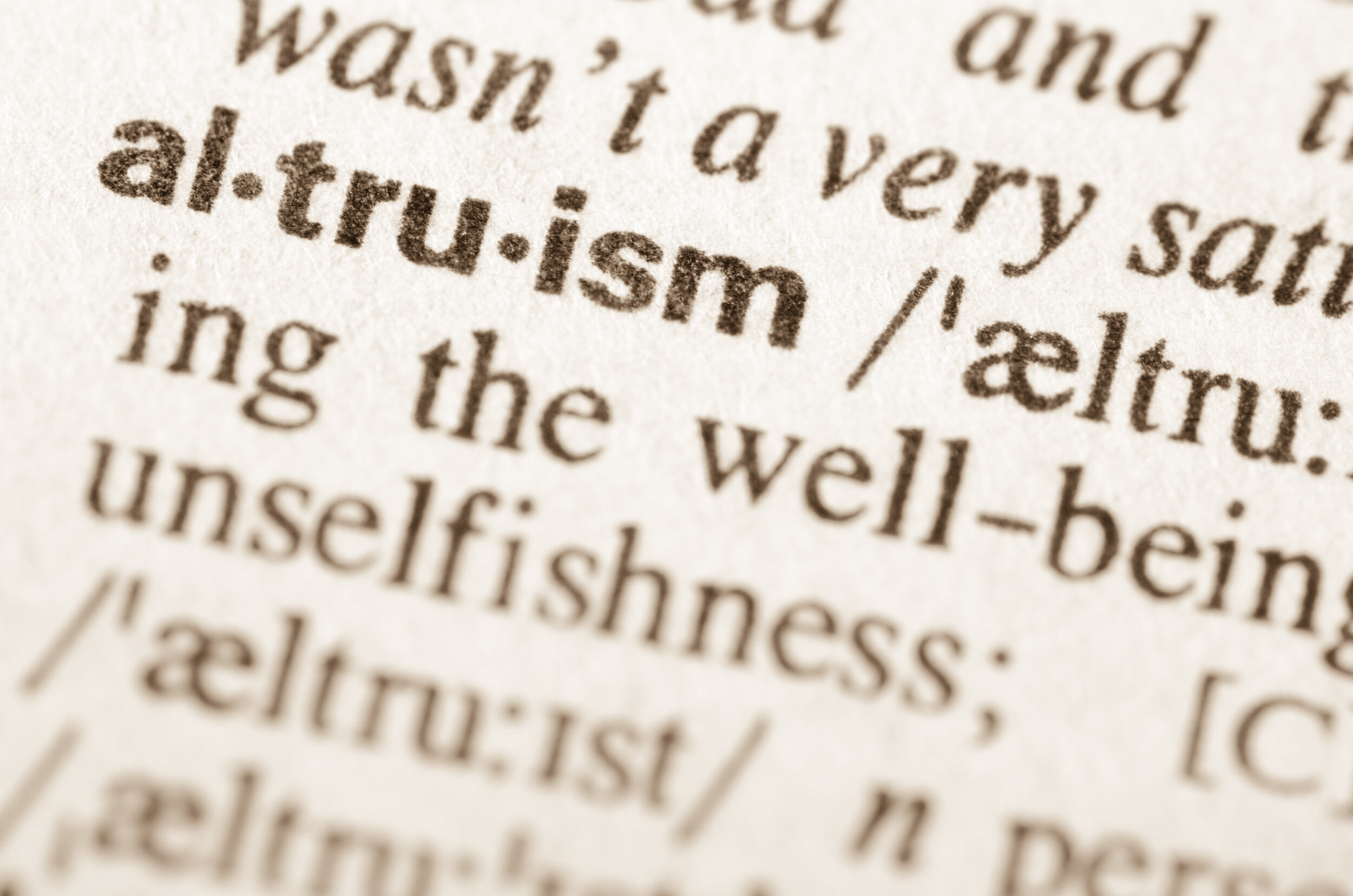Throughout the world, access to the health data of past generations has driven prolific innovation within the healthcare industry. Just as we have benefitted from the knowledge of those who came before us, we too can assist in creating a better world for future generations, through engaging in data altruism – the concept of choosing to donate our health data for wider societal benefit.
Through free data sharing, we can expect a better deal from our healthcare system, as clinicians are able to learn from and share relevant information about us and our conditions. Within patient communities, there are many reasons why people would consent to sharing their data: it presents new opportunities to help manage an individual’s condition or a whole patient population, stimulate research and advance the quality of treatments available.
While we may choose to donate our personal data in exchange for these benefits, there is still ambiguity concerning what happens to our data once it’s been donated: who will it be used by? Is it an open-ended commitment? Will I suffer adverse consequences if its mis-used?
It is important to remember that when we consent to sharing our data, this consent is not carte blanche. We don’t expect our data to be liberally distributed without care – available and accessible to anyone who desires it. We may trust a service provider to do good with our data, but this trust is not blind. Instead, it’s informed. The only way that we can truly maintain trust is by being clear about what data we are referring to and who it is being shared with.
Even with that caveat, the idea of informed consent is problematic, as opportunities for data-use will inevitably change with time as our scientific and medical understanding does. If the principle of ongoing consent applies, it needs to be sufficiently broad to cover future possibilities of what may come. In order to be comfortable with these unknowns, we need to know as patients and families that there is an effective regulator in place, with the power to accept or deny requests for data use. So, how can we achieve this?
If we consider the UK Biobank for example, that holds access to over half a million people’s medical records, it would be too cumbersome and expensive to ask the donor for permission each time their information is used. Instead, it has an ethics and governance board made up of people who are demonstrably independent, to provide a failsafe as to the ethical use of data. Is this new proposed use within the spirit of the original consent? This and other questions like it are the ones that need to be asked regularly. Furthermore, the consequences of not asking these questions need to be severe enough to deter anyone from cutting corners. The system needs checks and balances with severe, potentially career-ending consequences for those who breach the informed trust of donors. If not, we risk fundamentally undermining the system in which medical care is under-taken.
Besides the ethical drive for donors to be kept informed as to how their data is used, understanding the benefits that have been brought about as a consequence of their involvement creates a positive culture that leads to greater giving. Take blood donations for example. In the UK, when a person’s blood is put to use, that person receives a text to thank them and let them know where in the country it helped their fellow man. If I gave my health data to a similar national repository, I’d like to know how it were being used, such as in a cancer treatment research project. Importantly, this feedback loop shows patients that their altruism has a tangible outcome, helping to sustain a system of trust.
The altruism of past generations has led to the advances in modern medicine that we enjoy today. Just as this system has exponentially improved our quality of life, we can also help to improve the realities of those to come. However, institutions must continue earn the trust of the public through effective policing and sanctions. Only then can we achieve a truly embraced, national and international, altruistic system of data sharing.
By Alastair Kent, President of EGAN - Patients Network for Medical Research and Health


